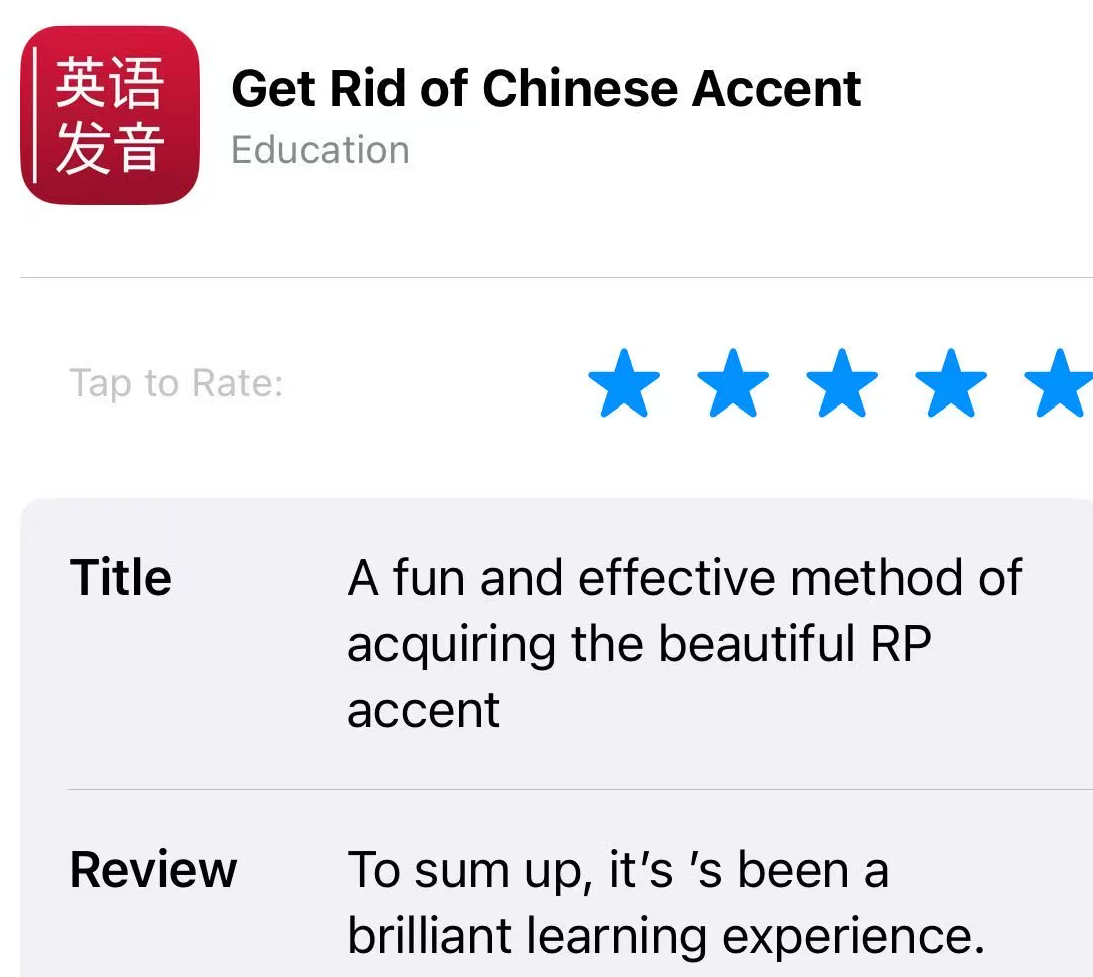For a long time, I thought my rushed speech was just part of my personality. I’m enthusiastic. I get excited about ideas. I like forward motion. So when I spoke quickly or acted fast, I assumed that was a feature, not a bug.
Even a speech tutor who has known me for 20 years once told me I needed to “remove the attack” from my voice. At the time, I didn’t fully understand what she meant. Now I do. That comment makes perfect sense in the context of how my pace and intensity can unintentionally create pressure for others.
But over time, I started noticing a pattern that was harder to ignore: when I felt excited—or when I wanted something—people tensed up.
Not because the idea was bad.
Not because the request was unreasonable.
But because my pace carried urgency.
And urgency, even when well-intentioned, often feels like pressure. The real issue wasn’t speed — it was velocity. What finally clicked for me is this:
Trying to “talk slower” doesn’t work if your nervous system is still in move-this-forward-now mode.
When we’re excited or motivated:
Our speech compresses
Our breathing shortens
Our bodies lean forward
Our ideas stack on top of each other
To us, it feels like clarity and momentum. To others, it often feels like being pushed. So the work isn’t reducing energy. It’s learning how to separate excitement from urgency.
A simple reframe that changed everything:
I don’t need momentum. I need permission. Permission comes from safety, space, and choice — not speed. When I slow down enough to give people room, conversations become easier, not harder.
I learned that small changes make an immediate difference:
1. I slow the start, not the whole conversation.
The first 10 seconds set the emotional tone.
Starting slower than feels natural creates safety.
I can always speed up later.
2. I pause after the headline. Instead of explaining everything at once, I separate it:
One clear headline
A pause
Then the details
That pause signals confidence and respect.
3. I add an explicit release valve when I’m asking for something.
Simple phrases like:
“No rush - just wanted to float it.”
“If this isn’t a fit, totally fine.”
“Think about it and let me know.”
Choice lowers tension instantly.
4. I ground my body before speaking
Feet flat on the floor.
One full exhale.
Jaw and shoulders relaxed.
Stillness in the body creates stillness in timing.
5. I delay the ask by 20–30 seconds. Connection first. Ask second. People are far more open when they don’t feel hunted.
In leadership, collaboration, sales, and communication in general, intensity without space creates resistance. Calm doesn’t mean low energy. It means contained energy.
And contained energy is:
Easier to trust
Easier to follow
Easier to say yes to
Urgency narrows people. Calm expands them.
I’m still practising this — especially when I care a lot. But every time I slow the pace, I notice:
Better conversations
Less resistance
More genuine engagement
The skill is learning how to let that motivation land gently.
Warmly
Olga Smith
www.batcsglobal.com


